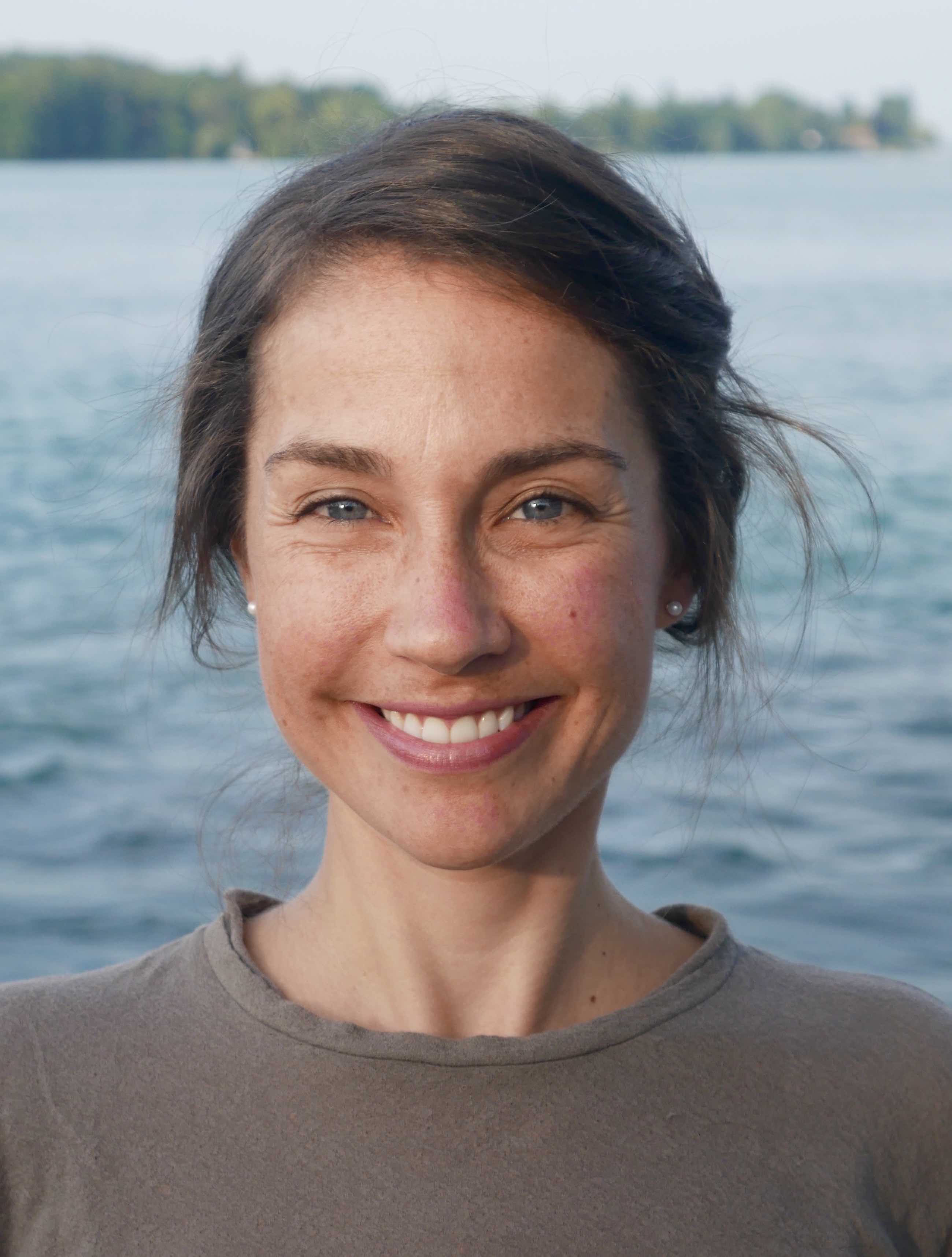COSAM News Articles 2021 October The impact of going beyond a ‘value-free’ biology curriculum with award from NSF
The impact of going beyond a ‘value-free’ biology curriculum with award from NSF
Two researchers in the Department of Biological Sciences at Auburn University are part of a research team testing the impacts of open-access resources for undergraduate classrooms that increase ideological awareness of aspiring scientists. Ultimately, they hope the materials encourage students to pursue additional education and future careers in STEM.
Cissy Ballen, an assistant professor, and Abby Beatty, a postdoctoral associate, are leading a $299,950 grant received from the National Science Foundation (NSF) Improving Undergraduate STEM Education: Education and Human Resources (IUSE: EHR) strand to further understand the role of bias and address it in the classroom.
The collaborative award will combine efforts from Oct. 2021 – Sept. 2024 at Auburn University, University of South Alabama, Auburn University at Montgomery, and Tuskegee University for the award Fostering ideological awareness in the context of postsecondary biology through open-source course modules.
“This award allows us to test the impact of going beyond a ‘value-free’ curriculum in biology. We will evaluate the influence of teaching biases, stereotypes, and assumptions that shape contemporary and historical science, something you rarely see in undergraduate biology classes,” said Ballen, the Principal Investigator (PI) of this grant. She has published more than 35 publications on the topic of Disciplined-Based Education (DBER). Jeremiah Henning from the University of South Alabama is the Co-PI. COSAM’s Assistant Dean for Inclusion, Equity, and Diversity Kimberly Mulligan and Sheritta Fagbodun from Tuskegee University serve as Senior Personnel on the grant.
“Through this NSF award, we will test the impacts of novel modules on science literacy skills and critical thinking skills in multiple schools throughout the state of Alabama,” said Beatty. “For example, some of the classroom modules seamlessly integrate more diverse role models in science education and we hope spark an excitement for students to learn about science. Ideally, these materials will allow students to apply core biological concepts to their everyday experiences, bridging the gap between science and society.”
Traditional scientific training prepares students for scientific practice rather than helping them navigate difficult concepts such as human rights, environmental racism, and science biases such as underrepresentation in educational resources. This research assesses instructor knowledge of these topics, and how integrating these concepts into biology impacts students’ science literacy and critical thinking.
“Our team’s research will help students have critical conversations and broaden their perspectives,” Beatty said.
The three equitable models include for the classroom activities are:
- Unethical Experimentation and its Relation to Human Rights Evolution
- How Biological Science Shapes Societal Views on Identities
- Persisting Societal Biases Shaped by Historical Beliefs in Biology
In addition to disseminating surveys to a national sample of biology instructors for this research project, the group will also conduct pre- and post-interviews with the participating instructors across Alabama, survey thousands of biology students, and host a regional meeting to discuss these timely topics.
Moreover, Beatty was a recipient of the 2020 Inclusive Excellence in STEM Award in the College of Sciences and Mathematics. The award states that it given to those “demonstrating tremendous leadership” focused on inclusion, equity and diversity in the college.
Beatty will use the funding through this 2020 award for both Auburn University and Auburn University Montgomery students to share Scientific Spotlight poster presentations at outreach-centric events with third to eight-grade classes, exposing the youth of Alabama to the wealth of diversity within the science community.
“My goals are to help students in younger age groups see themselves in STEM and increase the potential for more diversity in science, and broaden the importance of biology and its implications for students as they leave the introductory biology series,” Beatty added.
Latest Headlines
-
04/17/2024
-
04/12/2024
-
04/02/2024
-
04/02/2024
-
04/02/2024


